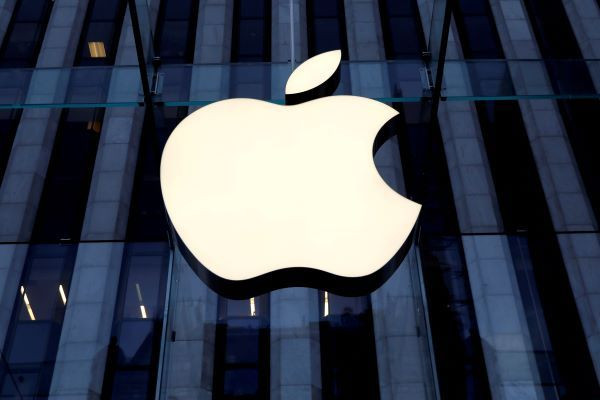Rosenblatt Securities believed Apple will lose market share in China as local smartphone brands continues with its 5G developments. Jun Zhang, one of Rosenblatt Securities' analysts, said they are worried about Apple's position in the market.
Their concerns stemmed from the growing interests on Huawei's 5G Mate 30 which is growing its share among China's top tier shoppers. Of particular concern is the diminishing iPhone sales in the Asian country, Zhang said.
The dent in Apple's market share will be particularly pronounced in the March quarter, Zhang continued. His conclusion is based on a survey of 5G smartphones which found that Huawei's 5G Mate 30 Pro model has already been the most popular unit in China, The survey was conducted in November. The top spot in similar surveys used to belong to Apple iPhone models.
Analysts at Rosenblatt Securities expect a similar result when OPPO, Vivo, and Xiaomi launch respective 5G smartphone models this month. Apple, on the other hand, has yet to announce any of its 5G lineups.
Meanwhile, Apple is also set to lose another one of its crucial market, Japan. On 9 Dec., Xiaomi announced its launching its budget-friendly units in the country in what the company describes as a strategic foray to international space.
Apple is currently dominating the space, holding more than 50% of the market. Xiaomi's move, however, is seen as one threat to iPhone sales, most especially that Xiaomi is currently the world's fourth-largest smartphone maker and is launching cheaper units.
Xiaomi has started taking preorders on Amazon Japan for its Mi Note 10. This is not a 5G unit yet but it is half cheaper. It has five rear cameras and a 108-megapixel sensor. All those amazing features for a price tag of $486.
Elsewhere, prospects for Apple products is not something fans can look forward to. Even investment opportunities look bleak concerning Apple stock.
Daniel Ives of Wedbush said Apple is set to lose more when the United States continues with its imposition of the 15% tariff due on 15 Dec. The move could cut Apple's 2020 revenue by about 4%. That could translate to a reduction of 50 cents per Apple share.
The situation puts Apple in a dilemma where anything it does will have repercussions. The tariffs will affect its iPhones, iMacs, iPads, and Air Pods.
Apple's problem is whether it would shoulder the tariffs and charge it with the company's operational expenses; or should it pass the additional costs to its consumers. The first choice will make the company's revenue bleed more while the latter could drive its customers away.






